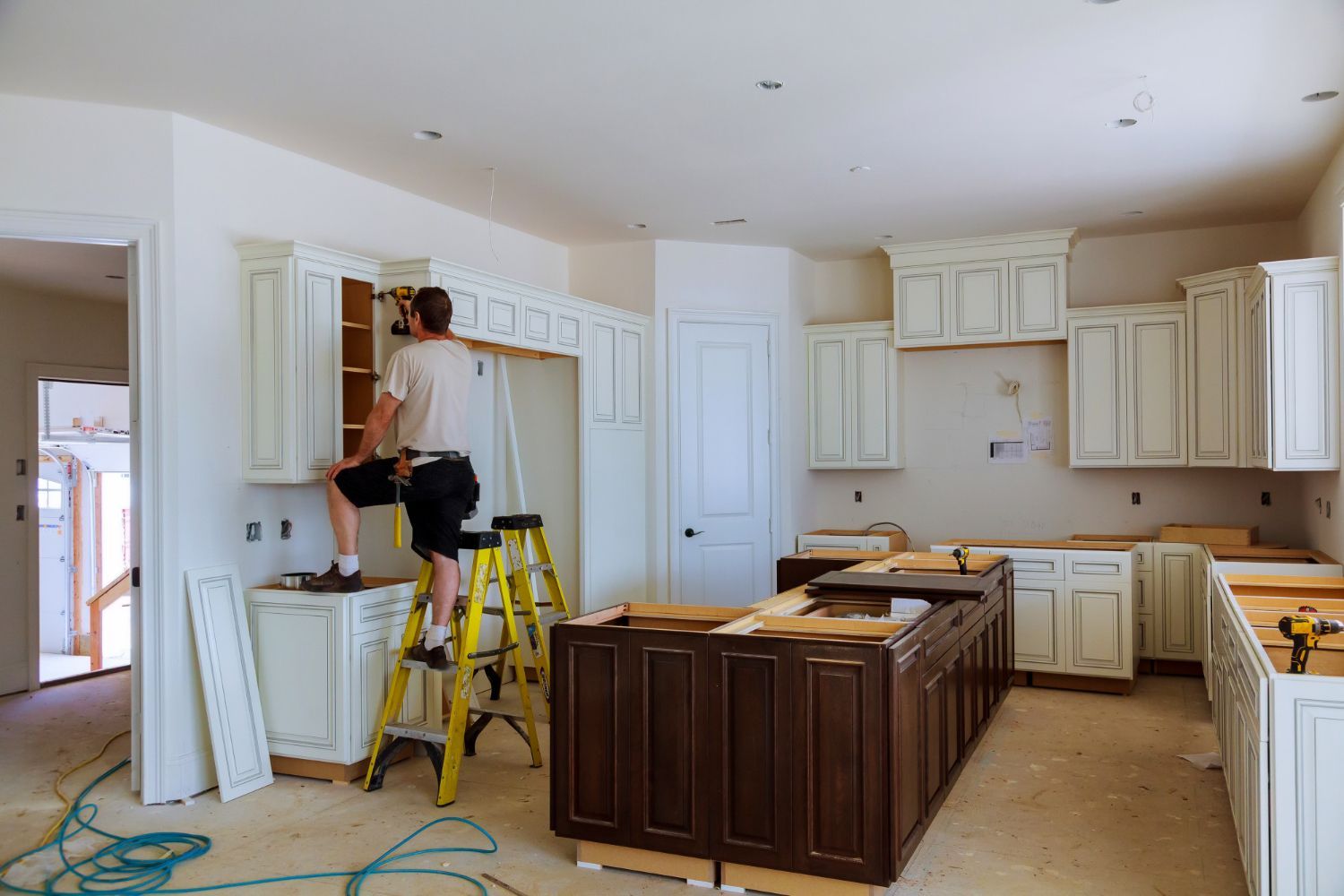FIRST HOME BUYERS ARE IN THE LEAD!
You couldn’t miss the recent press coverage on the cooling Australian housing market. According to leading property experts, first home buyers are the cheeriest of them all1. We are seeing the highest level of first home buyers (FHBs) since 20102. It seems some FHBs are now feeling more confident to spring into property ownership, but some may still be cautious.
Typical questions people ask themselves when taking their first plunge into property investing are:
- Can I have my lifestyle AND buy a property?
- Can I afford to buy or invest?
- Can I live in my investment property?
Well… this all depends on which state you are in and the state’s criteria.
What grants or concessions am I eligible for?
FHB grants and concessions eligibility differ in each state, so do your research!
Outside of those very relevant questions, there are other factors that influence WHEN buyers are ready to move in.
- Property prices – we have seen higher property prices in many capital cities over the last decade
- Tougher lending environment – there is increased scrutiny on bad debt, credit history and credit scores – think late payments on mobile and internet bills and HECS fees repayments
- Australian wages – are not keeping pace with the cost of living
- FHBs are getting older – as at December 2017, the typical first home buyer was 31, up from 27 in the early 1990s3. The older you are, the more questions lenders will ask – How long will you have to pay down the loan? How good is your credit history? The older you are, the longer you have had accessing credit. If you are an older FHB, you have had the time to build up your credit history through credit card use, personal loans and even mobile bills.
If you are a younger FHB, you need to create and build up your credit history.
Call us to talk about how you can build a good credit history because you need to show you can make repayments before lenders will consider giving you a loan.
So, with all of this negativity and tougher lending conditions, why would anyone consider buying a property?
There are a couple of old sayings when it comes to purchasing property:
"The best time to buy was yesterday, the second best time to buy is today! and Time in the market beats timing the market."
Despite recent falling prices, property is a long-term game and over time prices will eventually rise. The property market goes through ups, downs and plateaus, but property is a long-term capital growth strategy. Buying in a property downturn can reap returns with increased equity as the market lifts over time.
The right time to buy is when you can afford it, when you are ready to and when you have less financial responsibilities!
First home buyers can have the upper hand to seasoned owners or investors as they have had less time to accrue bad debts and have considerably less financial responsibilities and stress i.e. existing mortgage, children or aging parents.
With the tougher lending environment, scrutiny on credit history and household expenses, ‘cleaner’ first home buyers will be seen favourably by lenders.
Tip to first home buyers – make your move into the property market while your responsibilities and expenses are lower!
While everyone else is sitting on the fence, or simply waiting for that ‘bargain buy’, you could be the one who gets ahead in this very FAVOURABLE market.
Interest rates are at an all-time low, it would be silly not to take the plunge. It is not just about the property price but also the mortgage repayments. Here’s an interesting fact for you: although property prices were lower, your parents would have very likely paid anywhere between 7% to 17% interest on their loan.
Could you afford a property IF your interest rate is at that same level?
Don’t delay any longer. Contact us before you take the plunge into property ownership to ensure you are in the best position for your specific situation.
Sources and Links:
- Domain: House Price Report, June Quarter 2018
- Realestate.com.au: First home buyers are the cheeriest of them all, 4 Sept 2018
- NG lending records and industry data
Disclaimer: This article provides general information only and has been prepared without taking into account your objectives, financial situation or needs. We recommend that you consider whether it is appropriate for your circumstances and that your full financial situation will need to be reviewed prior to acceptance of any offer or product. It does not constitute legal, tax or financial advice and you should always seek professional advice in relation to your individual circumstances. © 2019



